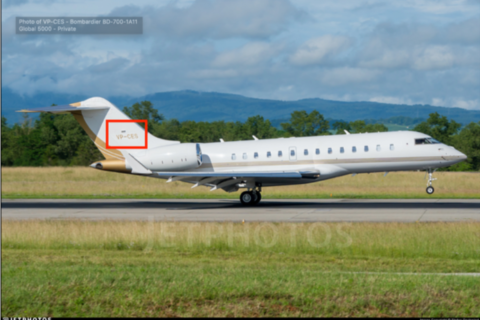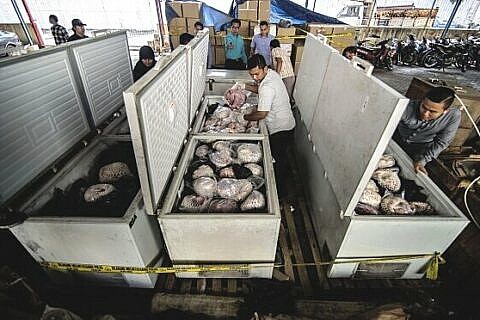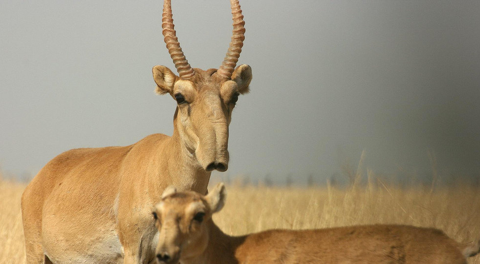Buffered Extraction

As global demand for critical metals like cobalt, copper, and gold rises in response to a burgeoning green economy, Chinese enterprises are acquiring an increasing number of mining concessions right up against protected land in the Democratic Republic of the Congo (DRC) — threatening local biodiversity and regional stability alike.
Executive Summary #
A rapid increase in mining concessions granted to foreign entities near protected areas in the Democratic Republic of the Congo (DRC) poses a risk to the biodiversity and stability of the region. Mining, especially for copper, gold, and cobalt, is an extractive process that, when unregulated, risks local ecosystems and biodiversity and threatens local socioeconomic stability.
Since 2015, the DRC Ministry of Mines granted the majority of foreign-owned mining concessions within, adjacent to, or in close proximity to protected areas to enterprises that publicly available information indicates are owned or funded by Chinese nationals. Among mining concessions within 10 kilometers (km) of protected areas in the DRC, at least 20% of all active concessions and 45% of active foreign-owned concessions appear to be Chinese-owned. Furthermore, this number appears to be increasing, with a 69% average year-on-year increase in new mining concessions granted to Chineseowned enterprises within 10 km of protected areas since 2015.
This brief examines the potential risks of the increase in foreign-owned mining concessions to biodiversity and stability in the DRC, focusing on the rise in Chinese mining activity and the documented association of Chinese mining enterprises with illicit activity.
Ultimately, DRC policymakers should be aware of this trend and be prepared to enact more stringent regulations to preserve the integrity of protected areas in Africa’s secondlargest country. Furthermore, the Chinese government should maintain consistency with its published guidelines and ensure that it holds its nationals accountable for the exploitation of natural resources abroad or risk associating consumers of its electronic products with environmentally unsound practices in Africa.





